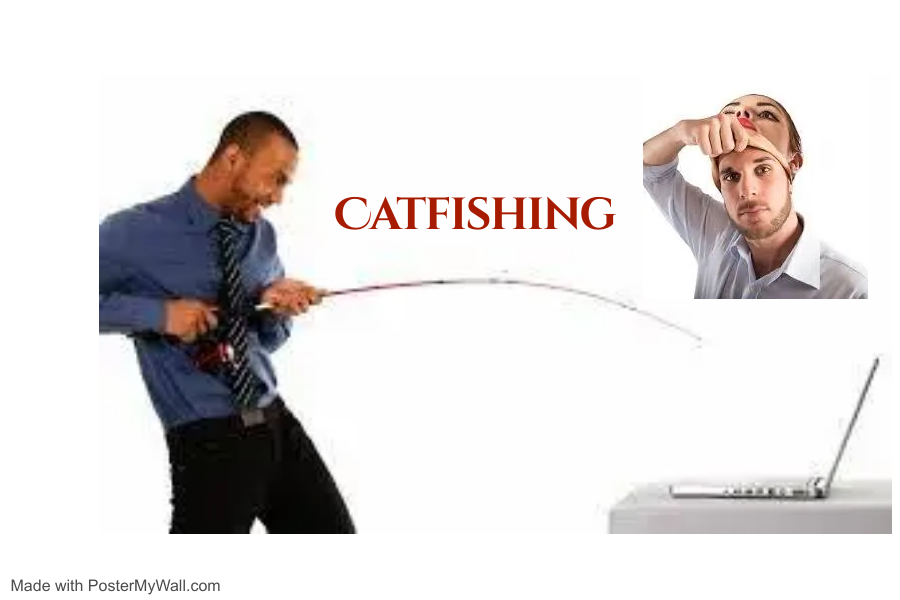The Harms Caused by Catfishing by Rahat Chowdhury
The Harms Caused by Catfishing By Rahat Chowdhury
The internet provides individuals with a sense of anonymity and detachment, allowing them to behave differently than they would in face-to-face interactions. This psychological phenomenon, referred to as online disinhibition, enables individuals to express themselves more freely, often without considering the consequences. However, this lack of accountability can also lead to harmful behaviors, such as catfishing.
What is Catfishing? Catfishing involves the creation of a false online identity with the intent to deceive others, typically for personal gain or emotional manipulation.
Catfishers adopt fictitious names, genders, ages, and may even use stolen photographs to fabricate an entirely fictional persona. Through these deceptive profiles, they engage in online relationships, exploiting the trust and vulnerability of unsuspecting victims because of this innate trust we have on other on the internet to not maliciously lie.
The Psychological Factors at Play: Anonymity: The internet provides a cloak of anonymity, allowing catfishers to hide their true identities and motivations. This sense of detachment from their actions and the ability to maintain a facade contributes to the allure of catfishing.
- Disinhibition: Online interactions often lack the inhibitions present in face-to-face interactions. The absence of nonverbal cues and physical presence can lead to reduced self-awareness and self-regulation, making individuals more likely to engage in deceitful behaviors.
- Escapism and Fantasy: Catfishing offers an opportunity for individuals to escape their own reality and assume a new persona. They can create elaborate stories, idealized personalities, and romantic narratives that provide an escape from their own lives.
- Power and Control: Catfishers exert power and control over their victims by manipulating emotions, exploiting vulnerabilities, and establishing a sense of dependence. This power dynamic can be a motivating factor for catfishers seeking to exert influence over others.
- Emotional Gratification: Catfishing provides emotional gratification to catfishers, as they enjoy the attention, admiration, and emotional connections they establish with their victims. The ability to elicit emotions and maintain a sense of intrigue can become addictive, reinforcing their deceptive behavior.
- Low Empathy: Some catfishers exhibit a lack of empathy or disregard for the emotional impact of their actions on their victims. They prioritize their own desires and gratification over the well-being of others, demonstrating a disregard for the consequences of their deceptive behavior.
Recognizing the Red Flags: To protect oneself against catfishing, it is crucial to be mindful of certain warning signs. These may include suspicious profiles, reluctance to meet face-to-face, and requests for personal information. Recognizing these red flags can help individuals exercise caution and avoid falling victim to catfishing.
Taking Protective Measures: Empower yourself with knowledge and employ protective measures to avoid falling prey to catfishing. These measures include conducting thorough research and verification, trusting your instincts, preserving your privacy, and seeking support from trusted individuals or authorities when necessary.

